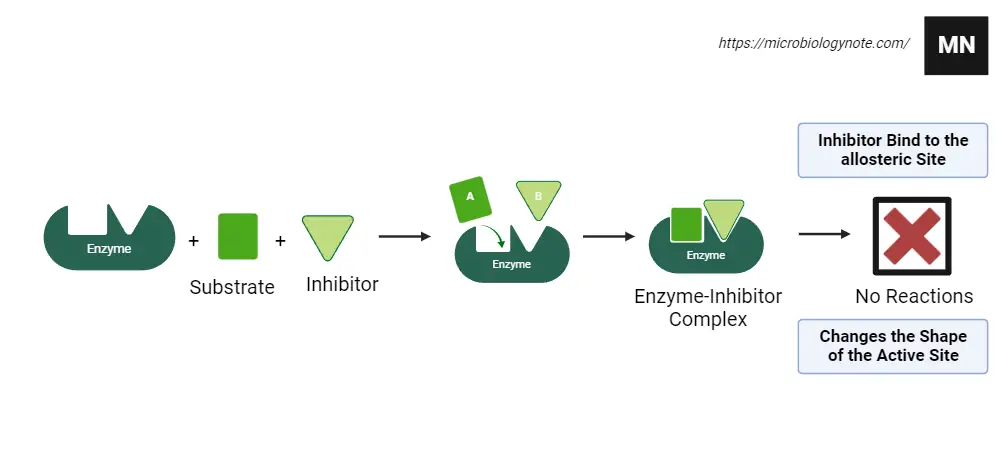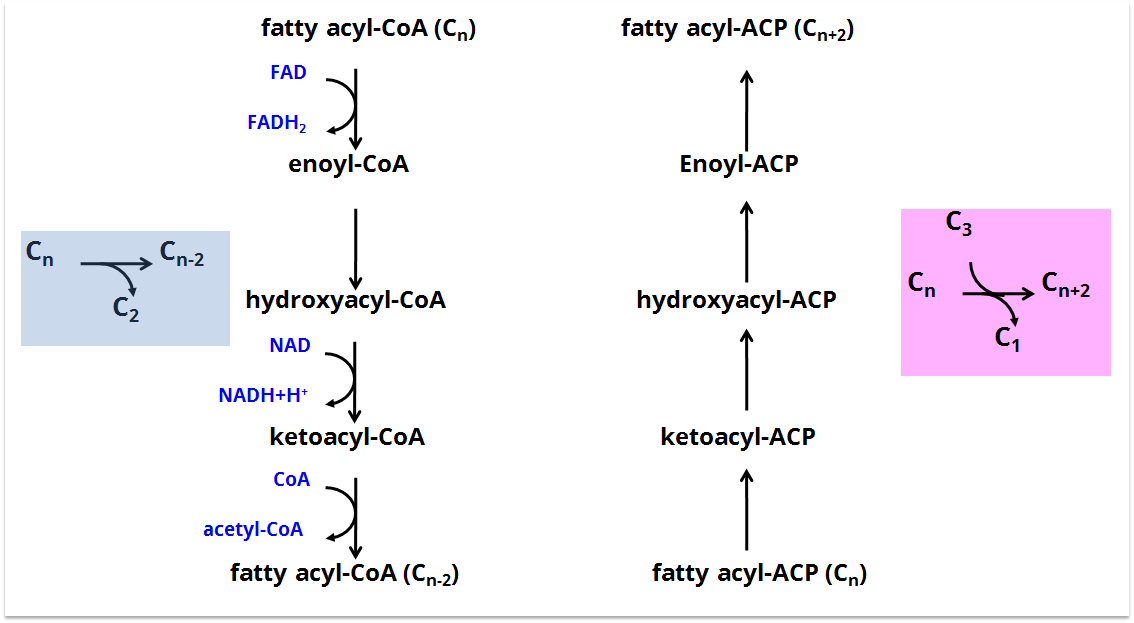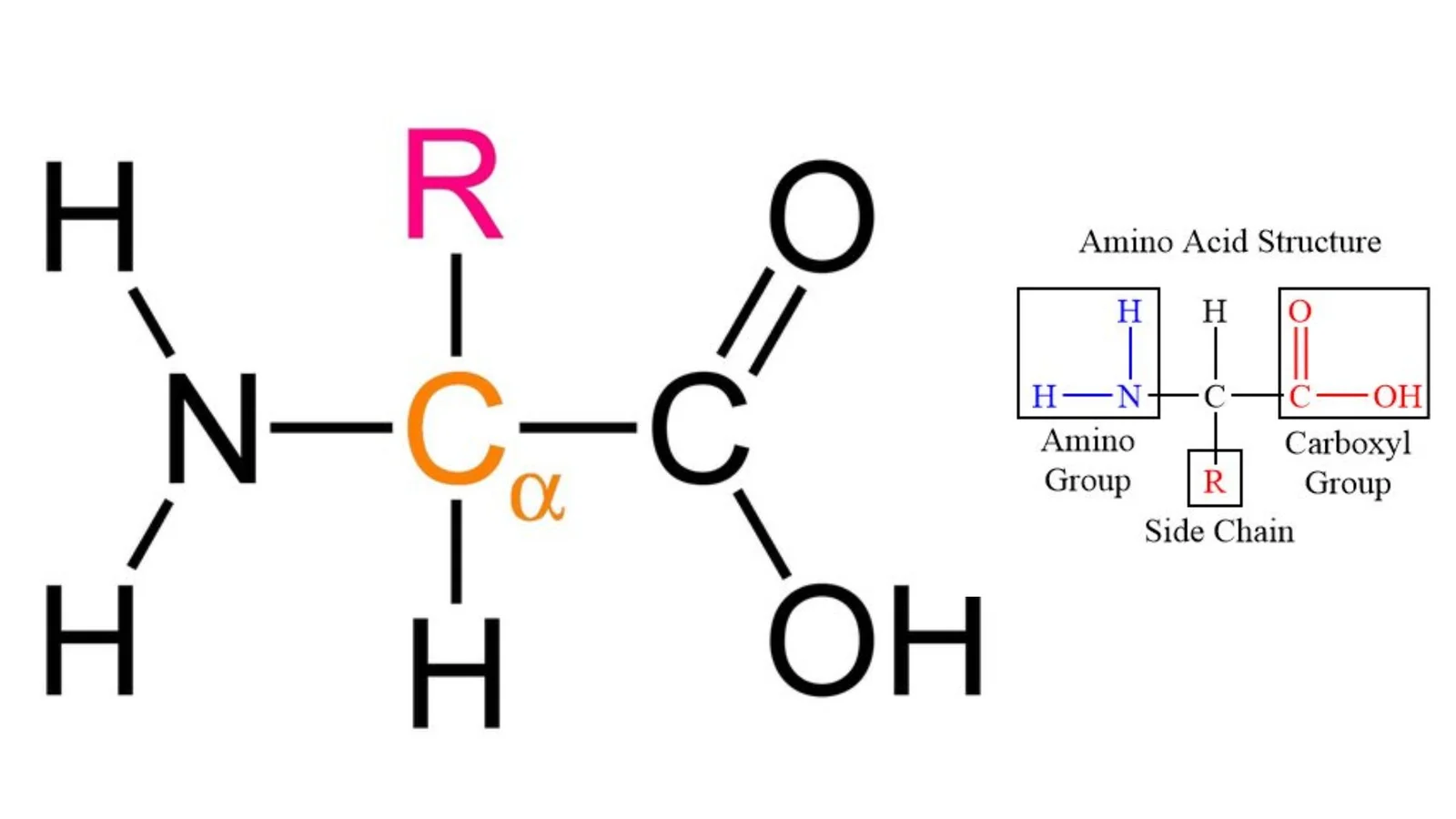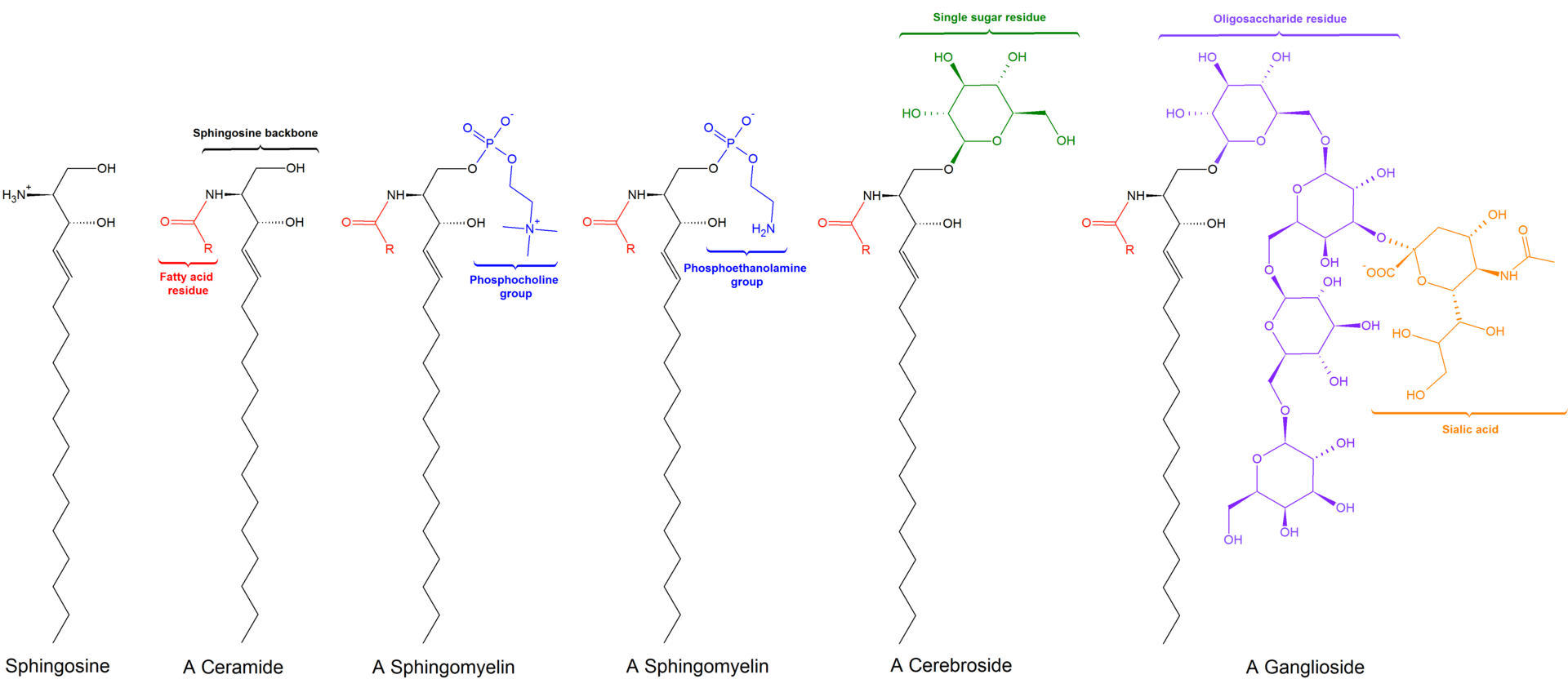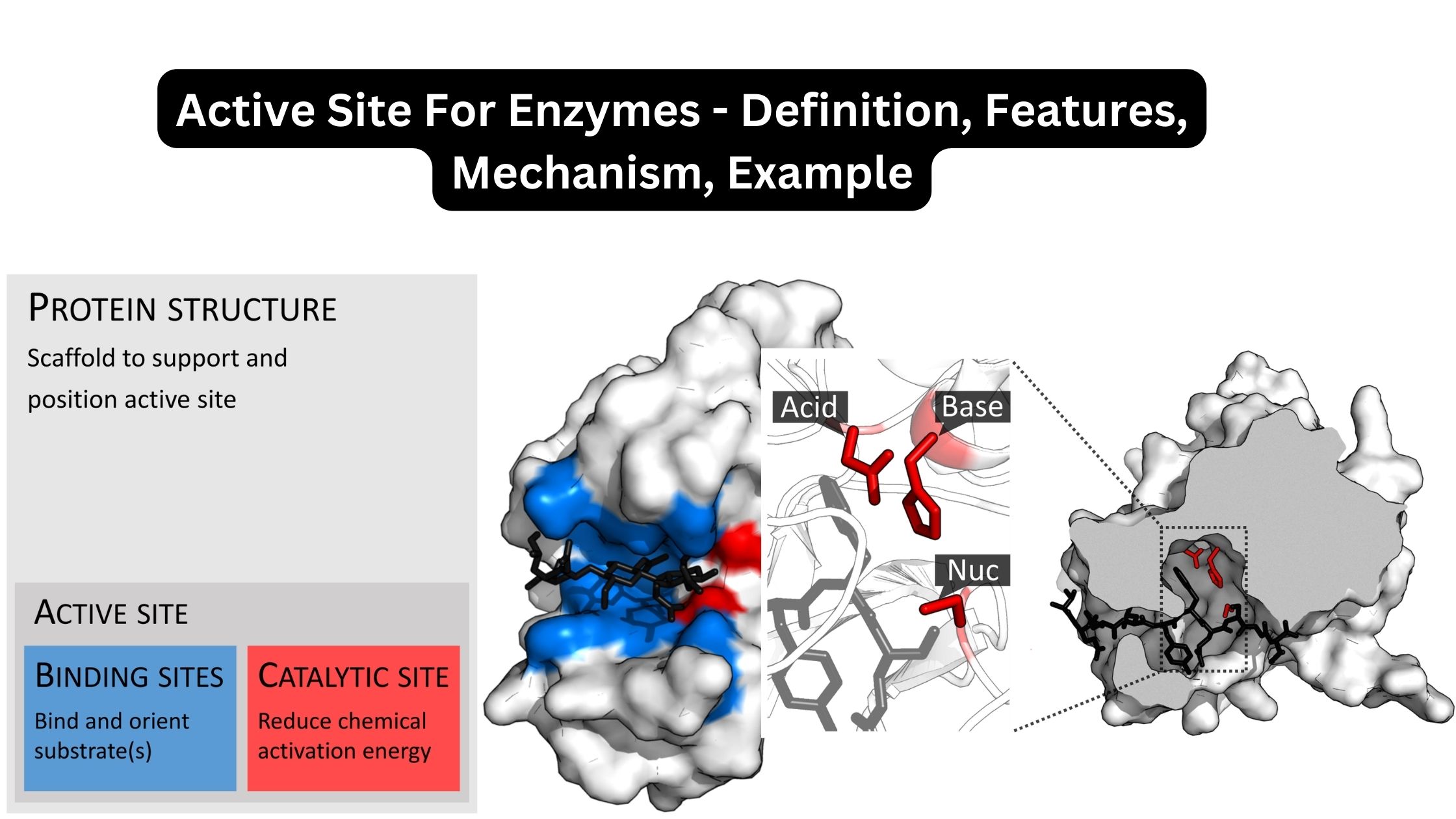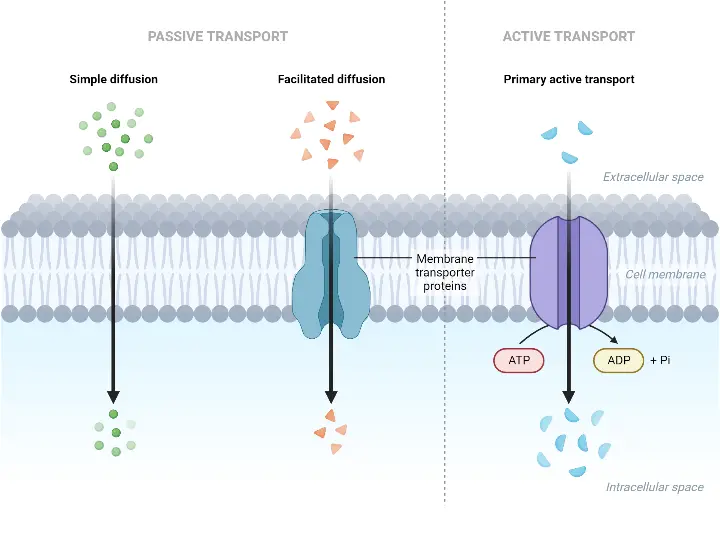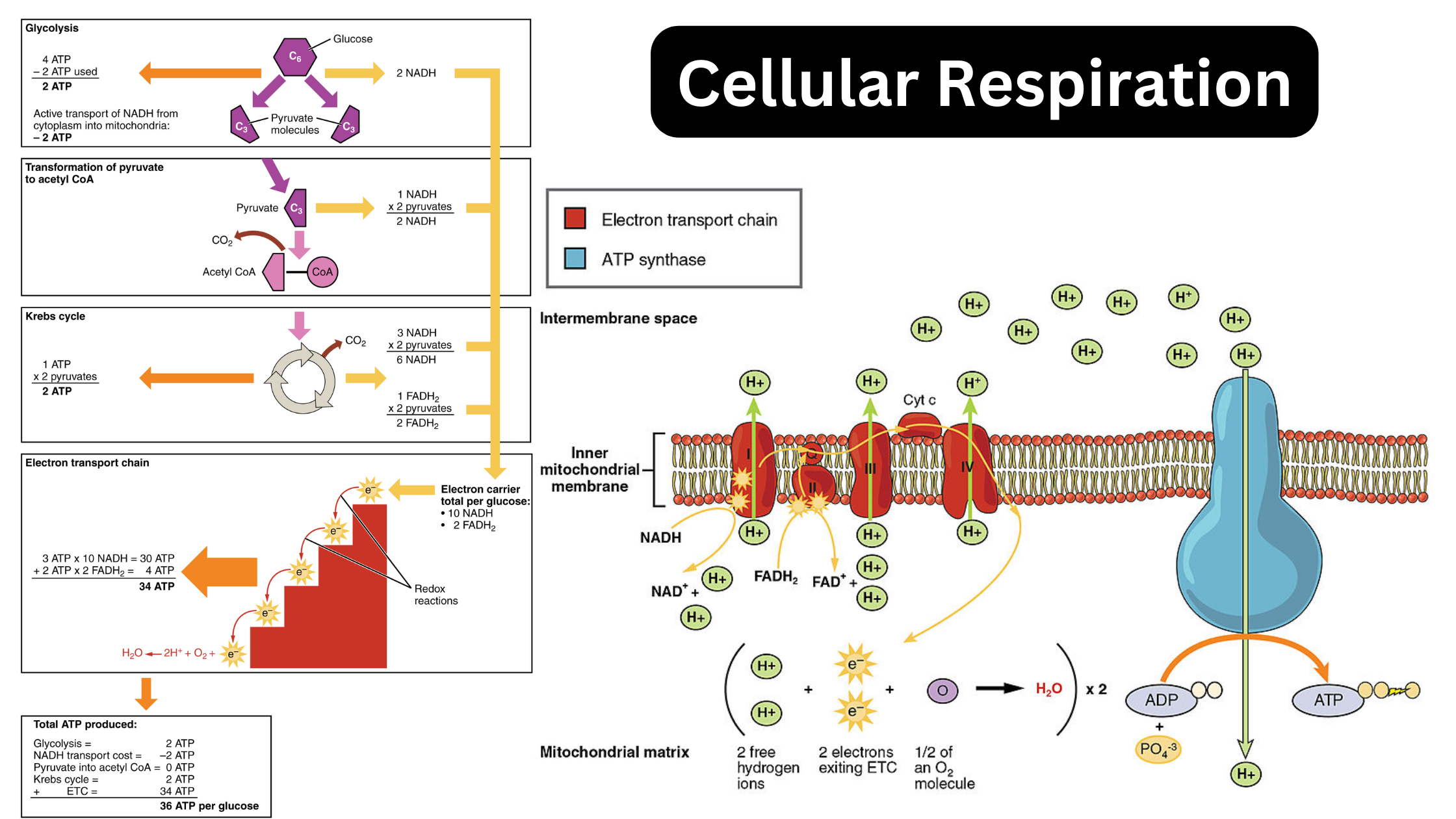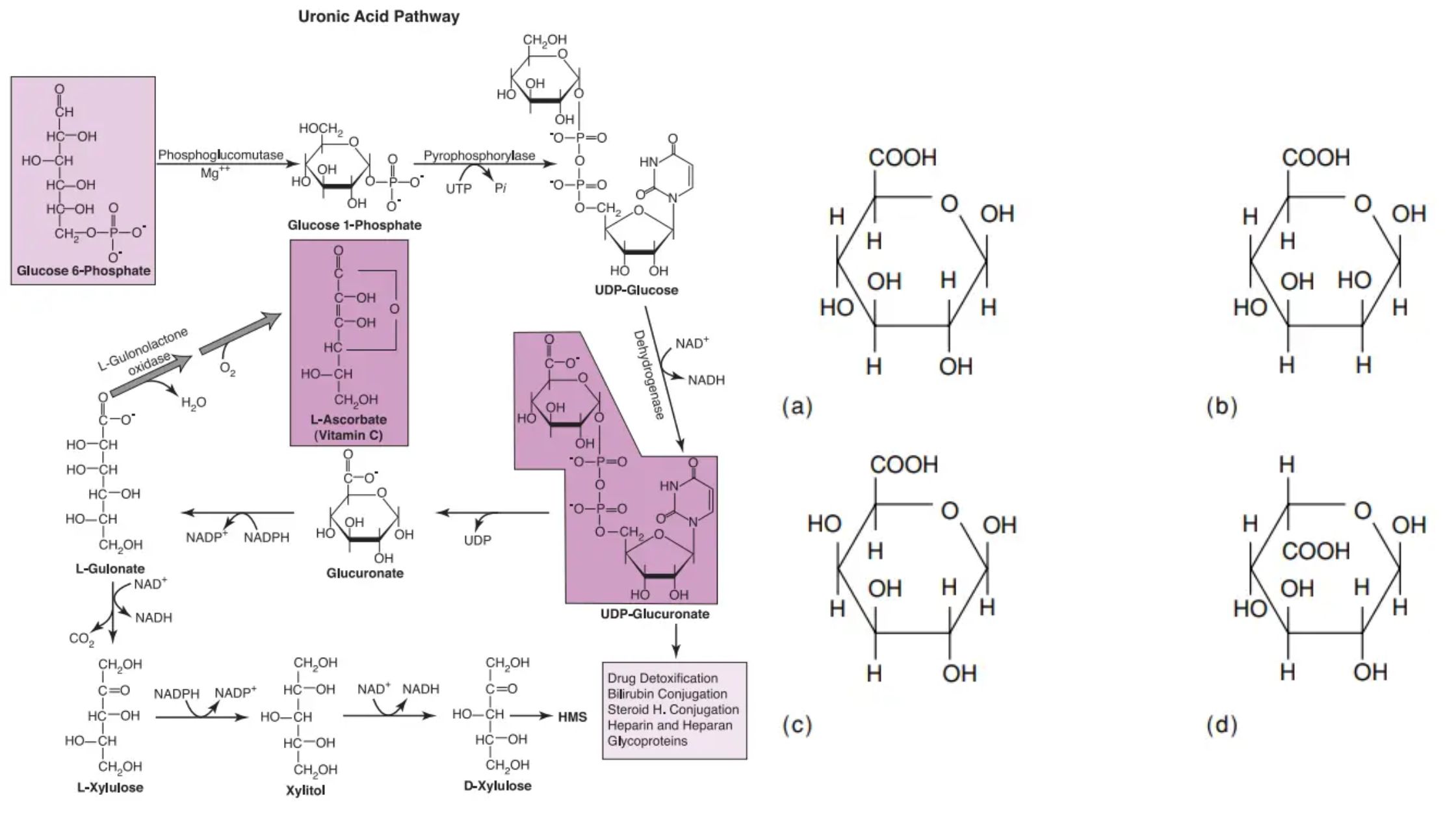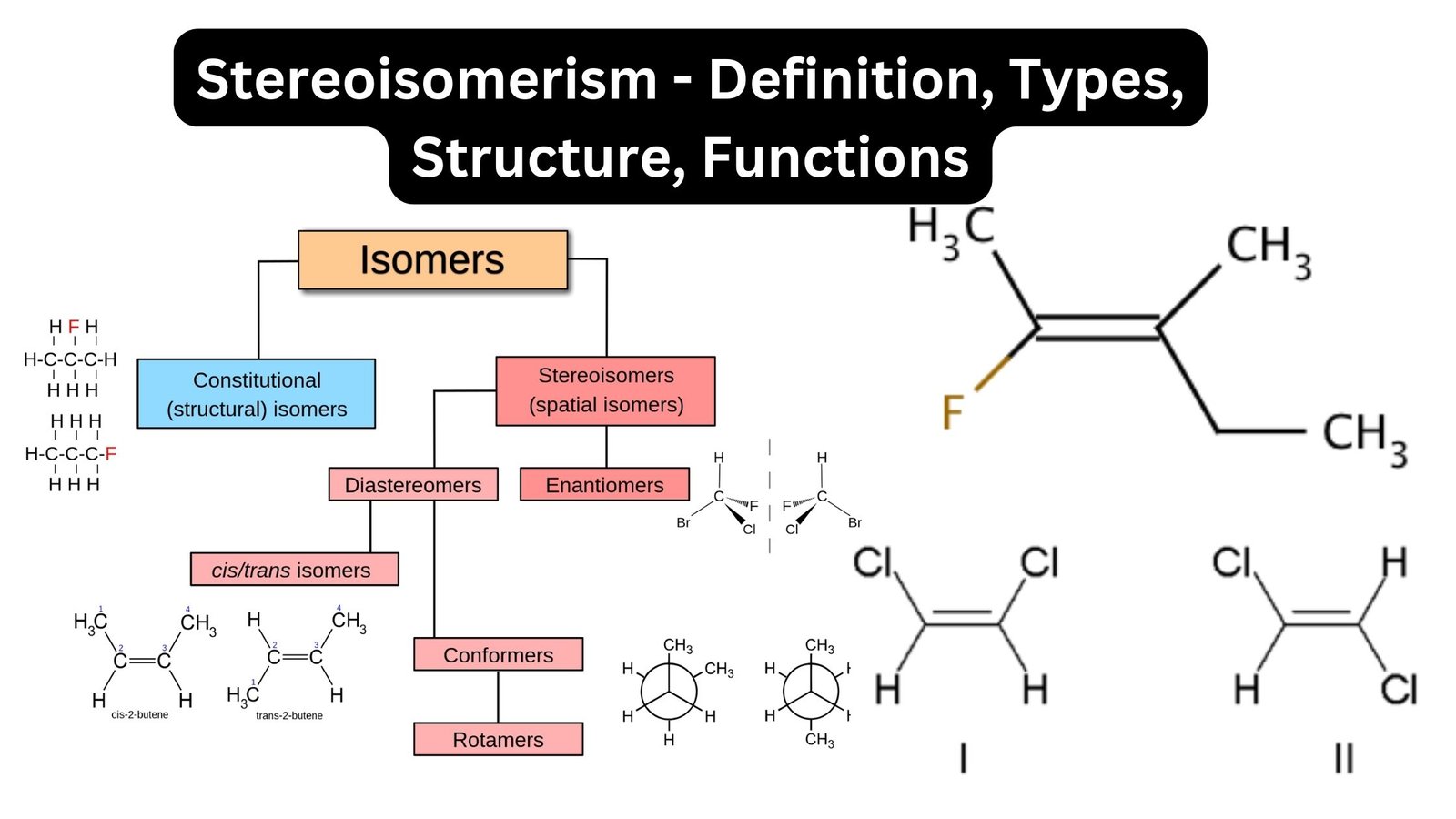Feedback Inhibition – Definition, Process, Functions, Examples
What is Feedback Inhibition? Definition of Feedback Inhibition Feedback inhibition is a cellular regulatory mechanism in which the end product of a biochemical pathway inhibits the activity of the first enzyme in that pathway, preventing overproduction of the end product. Enzymes, Substrates, and Products Process of Feedback Inhibition Feedback inhibition, a cardinal regulatory mechanism within … Read more
